ABC TV Shows
1595 shows • Page 47 of 80
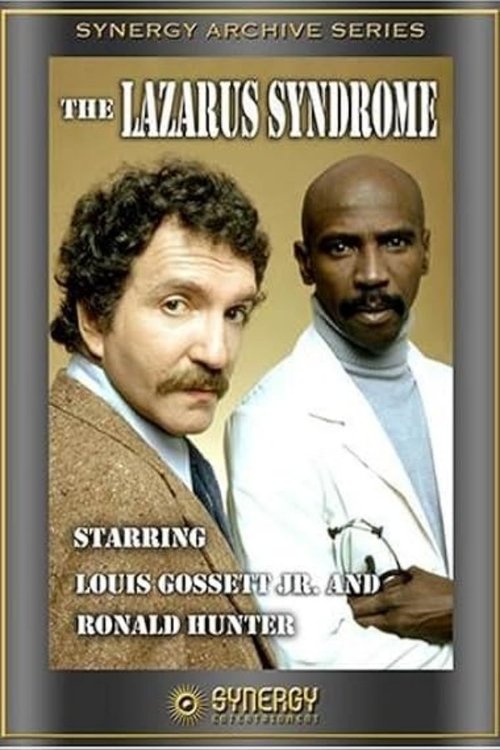
The Lazarus Syndrome
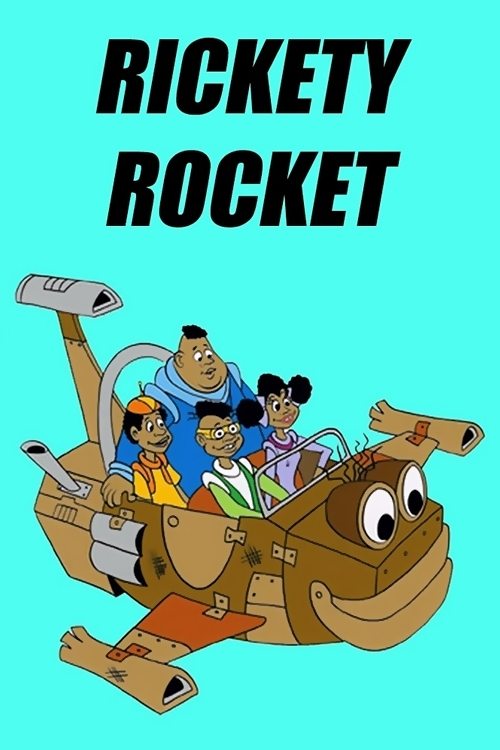
Rickety Rocket
Rickety Rocket is an animated television series, produced by Ruby-Spears Productions, and ran from 1979 to 1980 as a segment on The Plastic Man Comedy/Adventure Show.
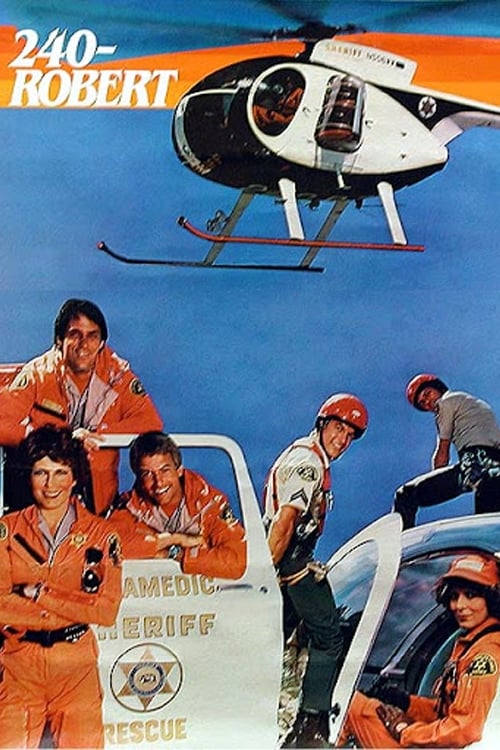
240-Robert
240-Robert is an American drama series that ran on ABC from 1979 to 1981. The series title is a reference to the call-sign designation for the Los Angeles Sheriff's Department's search and rescue/paramedic teams.

Carol Burnett & Company
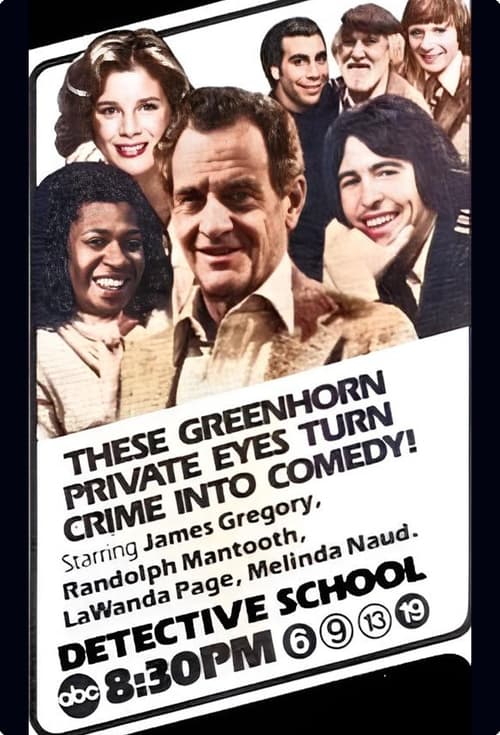
Detective School
Detective School is an American television sitcom that aired on ABC for four months in 1979, for a total of 13 episodes. The show was about an assortment of students who went to night school to learn basic detective skills, but who kept getting caught up in real criminal cases and getting themselves and their teacher into trouble. This show was written, directed, and produced by Jeff Harris and Bernie Kukoff, the creators of Diff'rent Strokes.
 0
0Doctors' Private Lives
 0
0The MacKenzies of Paradise Cove
American limited-run drama series that aired from March to May 1979 on ABC. Based on the 1978 television movie "Stickin' Together" (aka "Wonderland Cove"), the series follows the adventures of the five MacKenzie orphans.
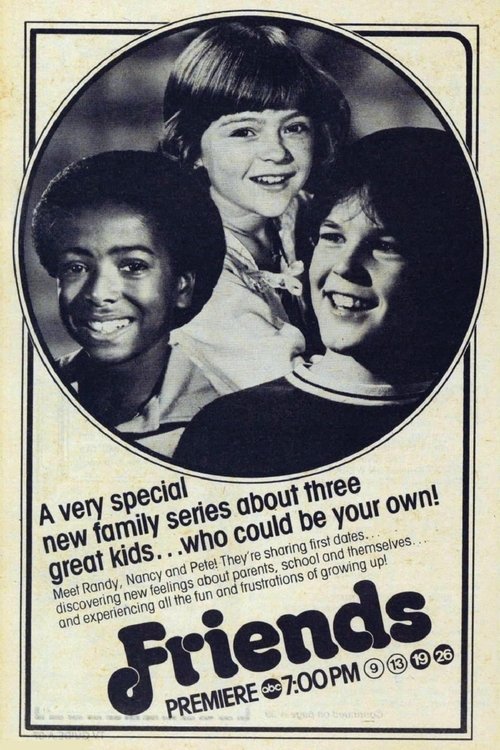
Friends
Friends is a short-lived kids-oriented drama that aired in the spring of 1979. The series, which was produced by Aaron Spelling and aired on ABC, starred Charlie Aiken, Jill Whelan, and Jarrod Johnson as three Southern Californian 11-year-olds. Karen Morrow also appeared. Only five one-hour episodes were produced before the series was cancelled.
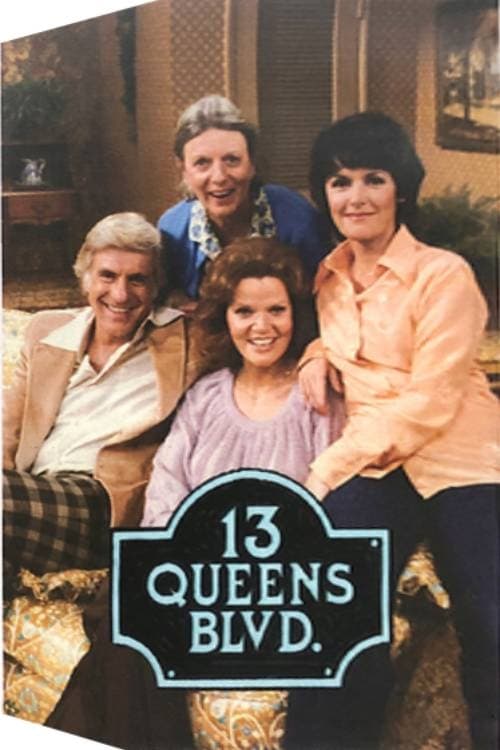 0
013 Queens Blvd.
13 Queens Boulevard is an American sitcom that aired from March 20 until July 24, 1979.
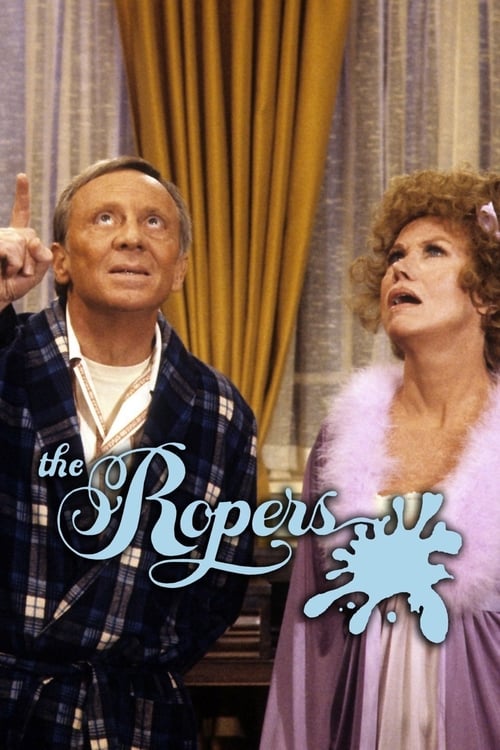
The Ropers
The Ropers is an American sitcom that ran from March 13, 1979 to May 22, 1980 on ABC. The series is a spin-off of Three's Company and based on the British sitcom George and Mildred. The series focused on middle-aged couple Stanley and Helen Roper who were landlords to Jack, Janet, and Chrissy on Three's Company. As was the case during their time on Three's Company, opening credits for The Ropers exist with either Audra Lindley or Norman Fell credited first.
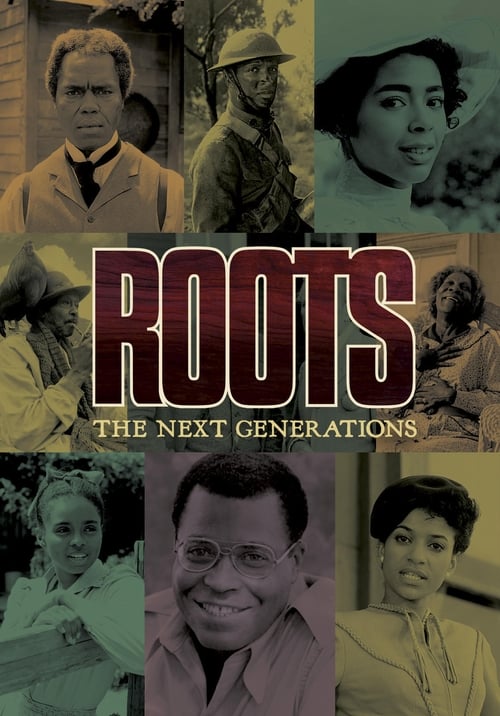
Roots: The Next Generations
Roots: The Next Generations is a television miniseries, introduced in 1979, continuing, from 1882 to the 1960s, the fictionalized story of the family of Alex Haley and their life in Henning, Lauderdale County, Tennessee, USA. This sequel to the 1977 miniseries is based on the last seven chapters of Haley's novel entitled Roots: The Saga of an American Family plus additional material by Haley. Roots: The Next Generations was produced with a budget of $16.6 million, nearly three times as large as that of the original.
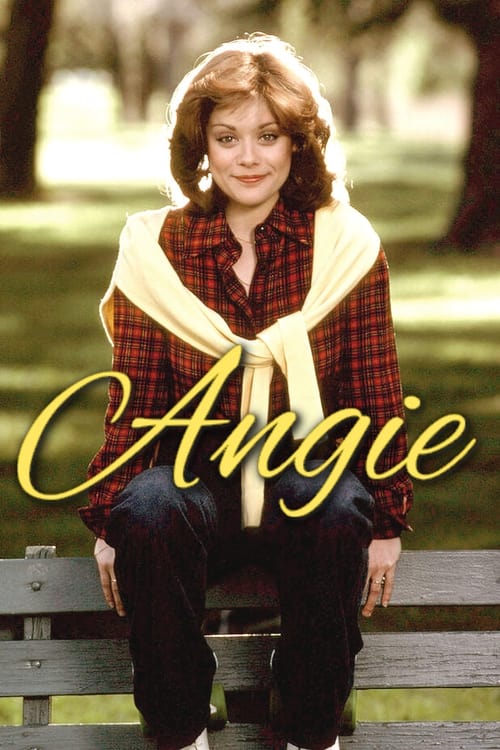
Angie
Angie is an American television sitcom that was originally broadcast by the ABC network from February of 1979 to October of 1980.

Makin' It
Makin' It is an American sitcom starring David Naughton as a disco dancer in the late 1970s. The series only lasted nine episodes, airing on Fridays at 8:00PM on ABC from February 1 through March 23, 1979 before being canceled. It also aired in the United Kingdom on ITV from April 25 through June 13, 1979. In 2002, TV Guide ranked it number 40 on its TV Guide's 50 Worst TV Shows of All Time list.

Salvage 1
Salvage operator Harry Broderick buys and sells scrap as well as electronics, aircraft, and other equipment. Harry constantly has grandiose schemes to make money, sometimes not completely honestly. In the pilot, his dream is to recover equipment left on the Moon during Apollo Program missions, for he believes the salvage value will make it a worthwhile venture. In the show's opening title narration, Harry states: "I wanna build a spaceship, go to the Moon, salvage all the junk that's up there, bring it back, sell it."
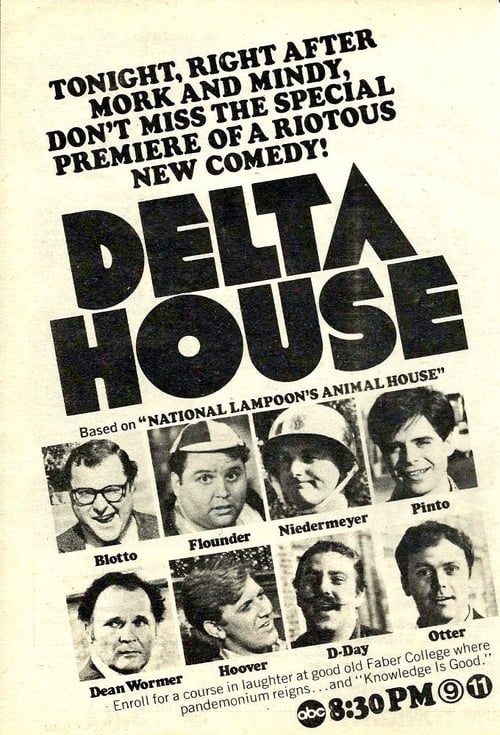
Delta House
Delta House is an American sitcom that was adapted from the 1978 film National Lampoon's Animal House. The series aired from January to April 1979 on ABC.

Pearl
Miniseries about the events leading up to the attack on Pearl Harbor.
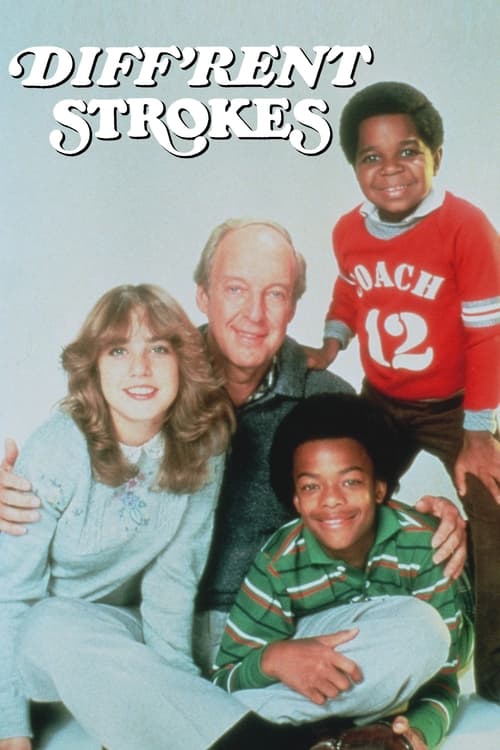
Diff'rent Strokes
The series stars Gary Coleman and Todd Bridges as Arnold and Willis Jackson, two African American boys from Harlem who are taken in by a rich white Park Avenue businessman named Phillip Drummond and his daughter Kimberly, for whom their deceased mother previously worked. During the first season and first half of the second season, Charlotte Rae also starred as the Drummonds' housekeeper, Mrs. Garrett.

Apple Pie
Ginger-Nell Hollyhock is a single and lonely hairdresser who lives in Kansas City, Missouri during the Great Depression year of 1933. When Ginger-Nell places classified ads in the local newspapers, she recruits a group of wacky relatives - a con-man husband, Fast Eddie Murtaugh; a tap-dancing daughter, Anna Marie Hollyhock; a son who wanted to fly like a bird, Junior Hollyhock; and a tottering old blind grandfather, Grandpa Hollyhock - all of whom come to live together for the laughs.

Vega$
Vega$ is an American detective television drama series that aired on ABC between 1978 and 1981. It was produced by Aaron Spelling. The series was filmed in its entirety in Las Vegas, Nevada. It is believed to be the first television series produced entirely in Las Vegas. The show stars Robert Urich as private detective Dan Tanna, who drove around the streets of Las Vegas in a red 1957 Ford Thunderbird solving crimes and making Las Vegas a better place for residents and tourists alike.

Battlestar Galactica
When the 12 Colonies of Man are wiped out by a cybernetic race called the Cylons, Commander Adama and the crew of the battlestar Galactica lead a ragtag fleet of human survivors in search of a "mythical planet" called Earth.
